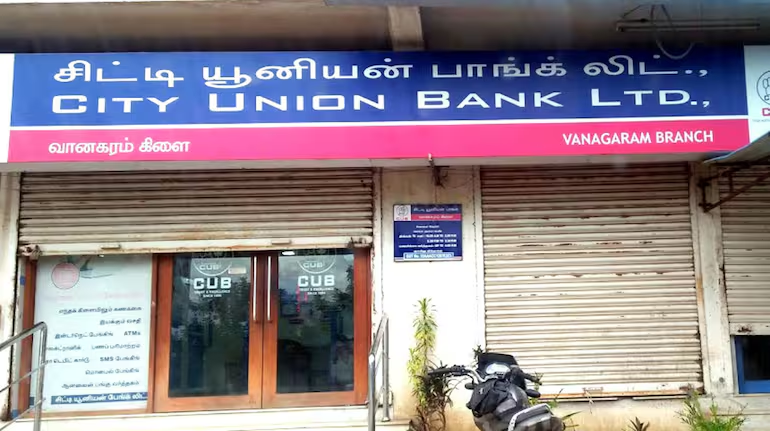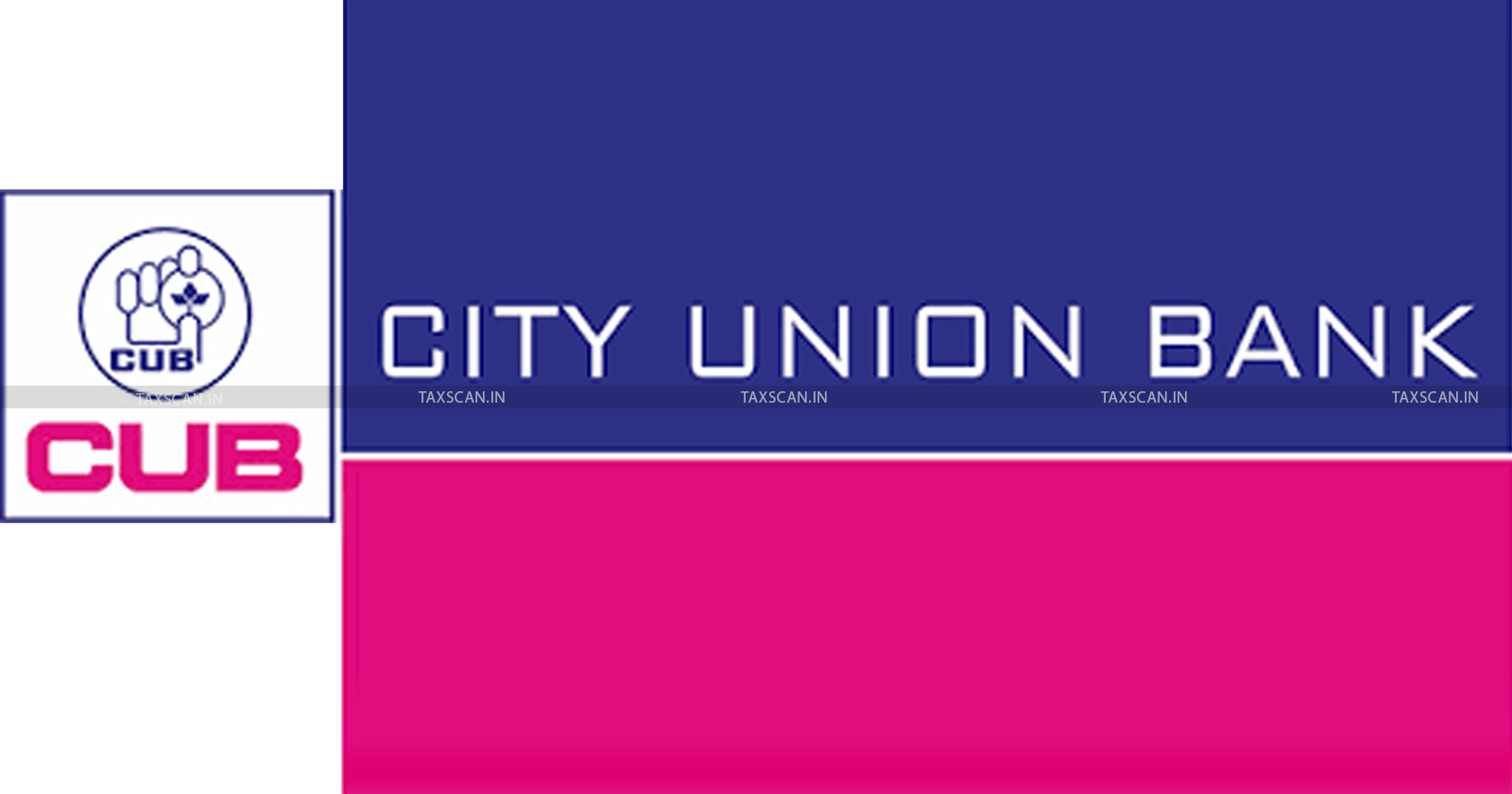In a strategic move aimed at strengthening its customer base and enhancing retention, City Union Bank (CUB) has recently introduced credit cards to its portfolio of financial services. The bank’s CEO, in a statement, emphasized that the launch of these credit cards is part of a broader effort to improve customer engagement and ensure long-term loyalty. With increasing competition in India’s banking sector, especially from both traditional banks and fintech companies, CUB’s decision to enter the credit card market comes as no surprise. This initiative reflects the evolving dynamics of the financial services industry, where customer satisfaction and retention are paramount to maintaining growth and profitability.
The Growing Need for Customer Retention
In today’s rapidly changing financial landscape, customer acquisition is no longer the sole focus for banks. With the rise of digital banking, online payment systems, and fintech innovations, retaining existing customers has become just as crucial, if not more. This is especially true in the Indian banking sector, which has witnessed a significant increase in the number of new financial products and services being offered. With customers becoming more discerning and their expectations evolving, banks must adapt and provide not only competitive interest rates but also a variety of services that enhance the overall customer experience.
City Union Bank, a mid-sized private sector bank, recognizes this shift in market dynamics. The introduction of credit cards is seen as a move to deepen relationships with its existing customer base by offering an additional layer of convenience. The bank’s CEO has highlighted that providing customers with a credit card, alongside other banking products, helps create a more integrated financial ecosystem. This, in turn, increases the likelihood that customers will continue to rely on the bank for all their financial needs, rather than seeking services elsewhere.
Enhancing the Customer Experience with Credit Cards
The decision to introduce credit cards is not just about providing an additional product but also about improving the overall customer experience. In a market where digital payments, mobile wallets, and online shopping are gaining traction, credit cards have become a fundamental part of how people manage their finances. With features like reward points, cashback offers, and access to exclusive benefits, credit cards have become an essential tool for millions of Indians.
City Union Bank’s credit cards are designed to cater to various segments of the customer population, with features tailored to the needs of both individuals and businesses. The bank’s offerings include a range of benefits such as low-interest rates, zero annual fees for the first year, and partnerships with various brands and merchants to provide discounts and rewards to cardholders. These offerings are aimed at making the credit card an attractive option for new and existing customers, ensuring that they see the value in using the product regularly.
Furthermore, the integration of credit cards into CUB’s digital banking ecosystem is designed to enhance user convenience. Customers can manage their credit card accounts via the bank’s mobile app, making it easy to track spending, pay bills, and redeem rewards. This seamless digital experience is becoming increasingly important as consumers demand more accessible and user-friendly financial services.



A Response to Changing Market Dynamics
The Indian banking sector has witnessed a rapid transformation in recent years. With the growing presence of digital-first banks and fintech players offering alternative financial products, traditional banks like City Union Bank have had to rethink their approach to stay competitive. Offering credit cards is a direct response to the increasing popularity of this product in the market, as well as the growing demand for more comprehensive financial solutions from customers.
Additionally, credit cards are a key part of the overall strategy for banks looking to diversify their revenue streams. Credit cards not only generate interest income through outstanding balances but also serve as a gateway to cross-sell other financial products. For example, a customer who opens a credit card account may also be more inclined to take out a personal loan, mortgage, or investment product from the same bank, thereby deepening their relationship with the institution.
Addressing Challenges and Risks
While the introduction of credit cards is a promising move, it does come with its share of challenges. One of the primary concerns in the Indian market is the low penetration of credit cards, with many customers still hesitant to take on credit or use cards due to the associated risks and lack of awareness. However, with the right customer education and marketing campaigns, City Union Bank aims to overcome these barriers by highlighting the advantages of using credit cards in a responsible manner.
Moreover, as with any credit product, there are inherent risks involved in managing defaults and bad debts. To mitigate these risks, City Union Bank will need to ensure that its credit card offerings are well-targeted and accompanied by appropriate credit checks. The bank will also need to focus on maintaining a healthy credit portfolio by offering competitive interest rates and ensuring that customers are well-informed about payment terms and conditions.
The Competitive Landscape
In the highly competitive Indian banking sector, where both private and public sector banks offer a wide range of services, customer loyalty can be fleeting. By introducing credit cards, City Union Bank is hoping to build stronger relationships with its existing customers while attracting new ones. The move is also aimed at addressing the evolving preferences of millennials and Gen Z, who are more likely to embrace digital and card-based payments over traditional cash transactions.
The launch of credit cards by City Union Bank is also indicative of the broader trend among banks to leverage technology and digital channels to enhance customer experiences. With the rise of contactless payments, mobile wallets, and integrated financial services, the role of credit cards has expanded beyond simple borrowing tools. They have become essential components of a digital-first banking ecosystem, offering convenience, security, and a range of benefits for customers.
Conclusion
In conclusion, City Union Bank’s introduction of credit cards is a strategic move designed to improve customer retention and engagement. By offering a new and attractive financial product, the bank aims to strengthen its position in the competitive Indian banking market. As consumer expectations continue to evolve, providing a holistic range of financial services—including credit cards—will be key to building long-lasting relationships with customers. With the backing of its digital banking platform and a focus on customer satisfaction, City Union Bank is poised to capitalize on the growing demand for credit cards in India, further solidifying its role in the country’s financial ecosystem.
FOLLOW:https://newsroom47.com/ongc-sends-%e2%82%b924000-crore-demand-to-reliance/
Newsroom 47
